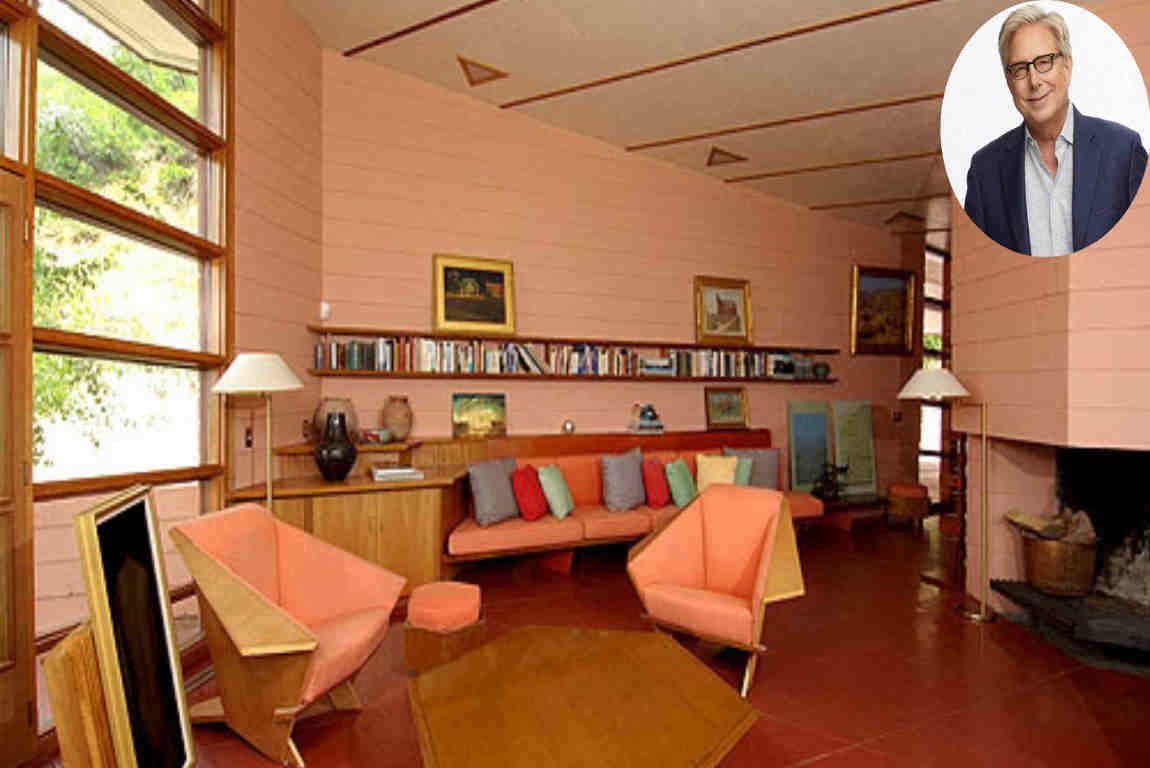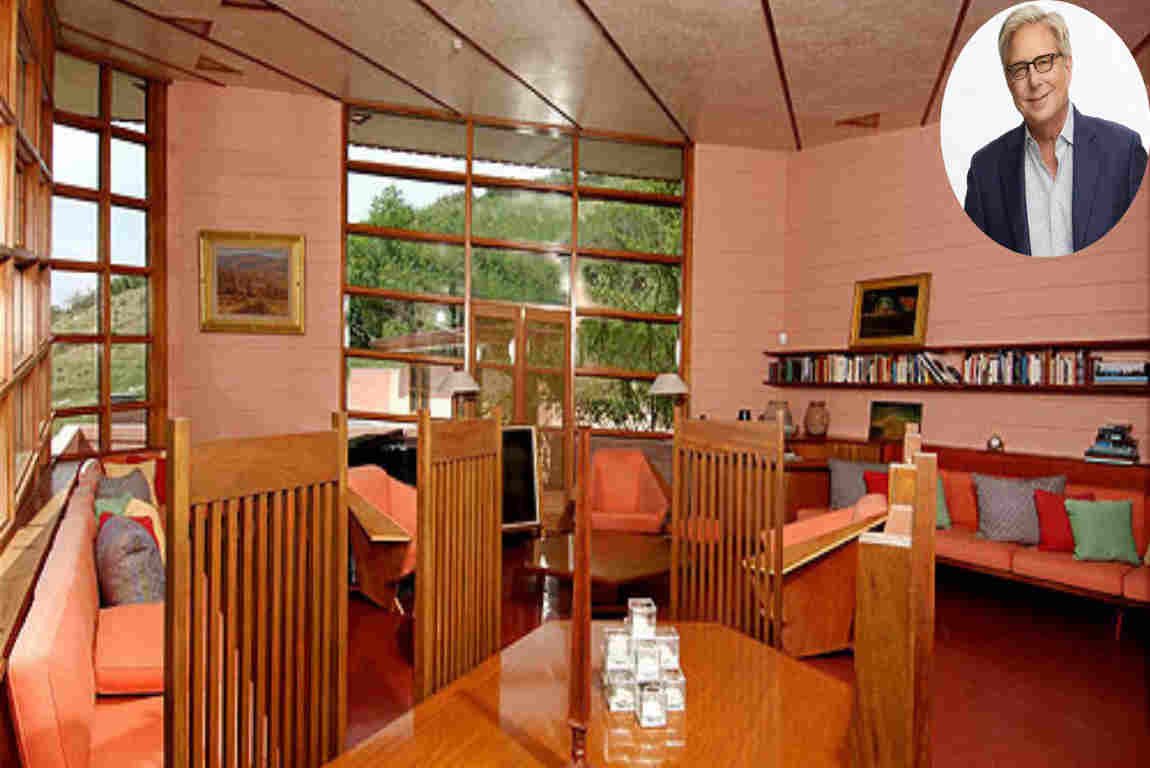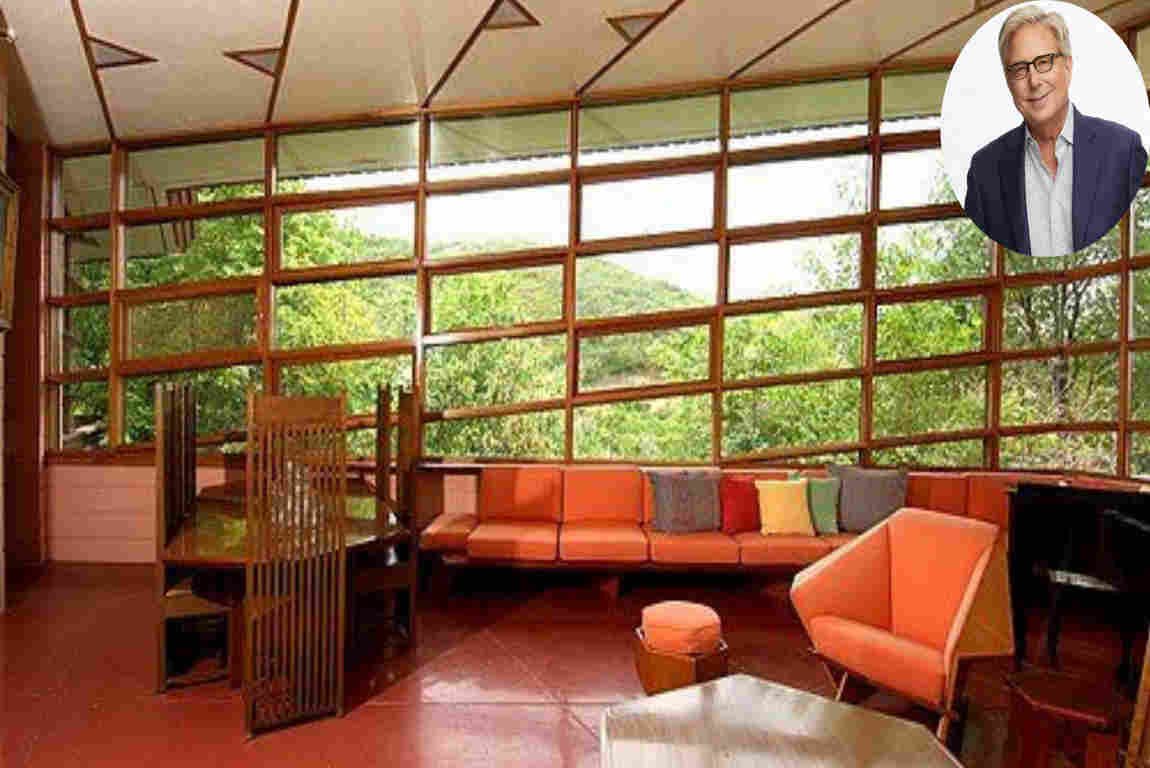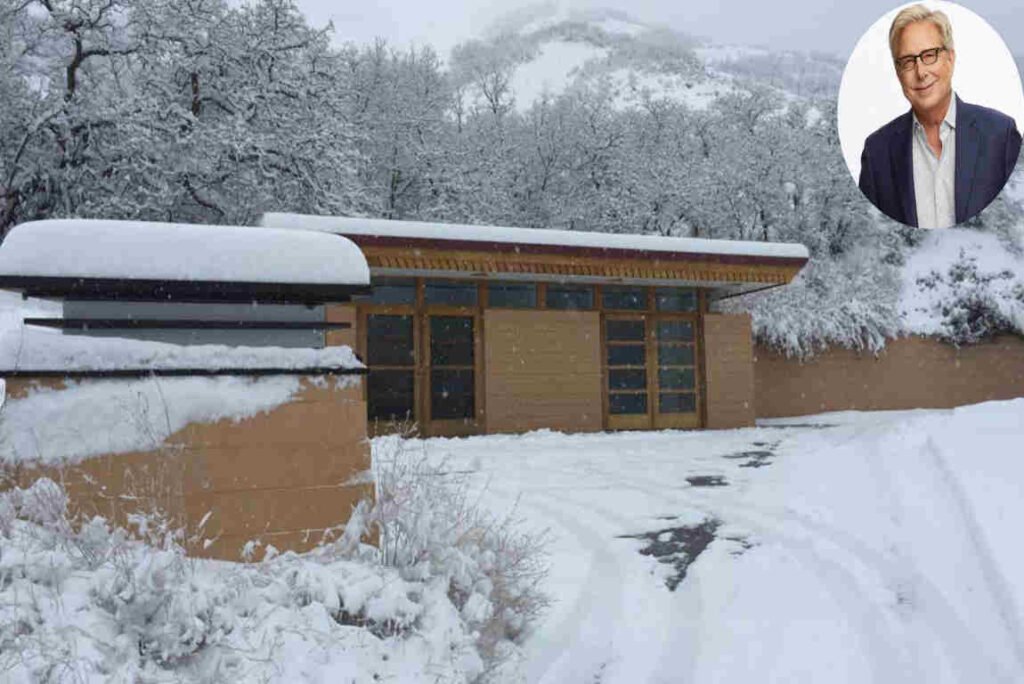Frank Lloyd Wright’s architectural genius has left an indelible mark on the world of design, and his creations continue to inspire generations. Among his many masterpieces, the Don M Stromquist House stands as a fascinating testament to his vision of integrating architecture with nature. Nestled in the serene landscape of Bountiful, Utah, this house is both an emblem of mid-century modernity and the only Frank Lloyd Wright design in the state.
Historical Background of the Don M Stromquist House
The Beginning: A Visionary Commission
The story of the Don M Stromquist House begins in 1957, when Don M. Stromquist, a forward-thinking Utah resident, commissioned Frank Lloyd Wright to design a home tailored to the Utah landscape. At an altitude of 6,000 feet, the house overlooks the breathtaking views of the Great Salt Lake and Antelope Island, making it a perfect canvas for Wright’s vision of harmony between nature and architecture.
Construction began in 1959, shortly after Wright’s death, under the supervision of Taliesin Associated Architects, a group of his apprentices dedicated to completing his unfinished projects. The house was completed in 1963, four years after Wright’s passing, and became an embodiment of his Usonian principles: affordability, simplicity, and integration with the environment.
Changing Hands and Restoration
Over the years, the house faced challenges, including periods of neglect and disrepair when the Stromquist family moved away. Eventually, the home was meticulously restored by George M. Frandsen and David A. Carlquist in collaboration with the Taliesin Associated Architects. Their efforts ensured that the house retained its original charm and design integrity.
Today, the Don M Stromquist House is back in the Stromquist family, with the youngest son residing there. This continuity of ownership reflects a deep respect for the home’s legacy and Wright’s architectural vision.
Architectural Design and Style
Frank Lloyd Wright’s Usonian Vision
The Don M. Stromquist House is a prime example of Wright’s Usonian style, a design philosophy that aims to create affordable yet aesthetically pleasing homes for the middle class. Usonian homes emphasize:
You may also read (discover the charm of don zietlow house today).
- Integration with nature: The home’s design complements its surroundings instead of overpowering them.
- Practical beauty: A focus on functional spaces that are visually harmonious.
- Cost-efficiency: Use of local and affordable materials.
Wright believed that homes should foster a connection to their environment, and the Stromquist House achieves this by seamlessly blending indoor and outdoor spaces.
Unique Geometric Grid System
A standout feature of the Don M Stromquist House is its geometric grid system, which serves as the foundation for the entire design. Wright employed a diamond-shaped parallelogram grid with 60- and 120-degree angles.
- These grid lines are reflected throughout the house, from the flooring to the ceilings and even in the custom-designed furniture.
- The geometric design creates a flowing, interconnected aesthetic that enhances spatial harmony and unity.
This meticulous use of geometry defines the home’s unique character and showcases Wright’s genius in blending art, architecture, and math.
Materials and Construction
To balance cost efficiency with durability, Wright adapted his original plans for stone construction to use salmon-coloured salmon-coloured concrete blocks. Other materials include:
- Steel beams for structural integrity.
- Philippine mahogany for warmth and texture.
- Expansive panes of glass to invite natural light.
Unique construction techniques, such as raked horizontal joints and flush vertical joints, add to the home’s distinctiveness. These details elevate the house from a simple structure to a work of art.
Fenestration and Window Design
Windows play a vital role in the house’s design, emphasizing the connection between interior and exterior spaces. Key features include:
- Sloping window walls that parallel the roofline create a dynamic visual effect.
- Mitred glass corners without structural mullions provide uninterrupted views of the surrounding landscape.
- Clerestory windows bring natural light into private areas, such as bathrooms, without sacrificing privacy.
These thoughtful window designs allow the house to feel open and connected to its natural surroundings while maintaining a sense of intimacy.
Interior Features and Furnishings
Built-In Furniture
In true Wright fashion, the Don M Stromquist House blurs the line between architecture and furniture. The home features built-in furnishings such as:
- Settees and lamp tables that seamlessly blend into the walls.
- Bookshelves, desks, and cabinets are designed to match the home’s geometric motif.
These built-ins create a cohesive living experience while maximizing space efficiency.
Custom Freestanding Pieces
Wright’s attention to detail extended to freestanding furniture, including:
- A custom-designed dining room table with matching chairs.
- Coffee tables and hassocks that echo the diamond-shaped motif of the house.
You may also read (visit don prudhommes house).
Room Layout
The house’s layout is both functional and inviting, featuring:
- Three bedrooms and two bathrooms.
- A spacious kitchen and dining area.
- A study and a living room with expansive terraces for outdoor living.
The open-plan design enhances flow while maintaining distinct zones for relaxation, work, and entertainment.
Site and Surroundings
The Don M Stromquist House is perched halfway down a canyon wall, offering stunning views of the Great Salt Lake and Antelope Island. This strategic siting enhances the home’s connection to nature and underscores Wright’s belief in designing with, rather than against, the environment.
Additional Structures
The property includes several ancillary structures that complement the main house:
- An office/laboratory/garage annexe.
- A gardener’s shed.
- A barn.
These structures are designed to be functional while maintaining the aesthetic integrity of the property.
Preservation and Restoration Efforts
After years of neglect, the Don M Stromquist House was brought back to life by dedicated restoration efforts. Key figures in this process were George M. Frandsen and David A. Carlquist, who worked closely with Taliesin Associated Architects to ensure the house retained its original design and materials.
The Stromquist family has played a crucial role in preserving the home’s legacy, underscoring the importance of private ownership in maintaining architectural treasures.
Why the Don M Stromquist House is an Architectural Treasure
The Don M Stromquist House is more than just a home; it’s a masterpiece of design and innovation. Its unique features, such as the diamond grid system and seamless integration with nature, make it a standout example of Frank Lloyd Wright’s Usonian vision.
For architecture enthusiasts, this house offers a rare chance to experience mid-century modern design seamlessly integrated into an extraordinary landscape.
Visiting and Experiencing the Don M Stromquist House
As a privately owned home, the Don M Stromquist House is not open to the public. However, architecture enthusiasts can still appreciate its significance by exploring Wright’s other works and reading about this unique Utah gem.
You may also read (discover the legacy of the don shirley house).
